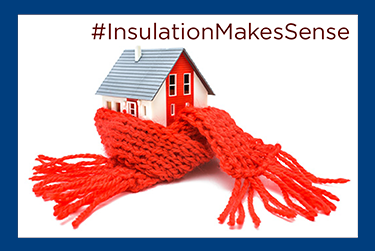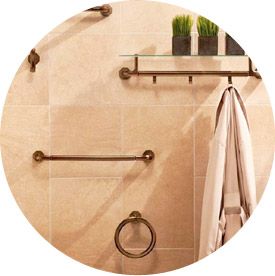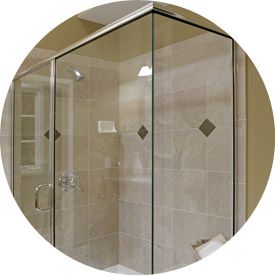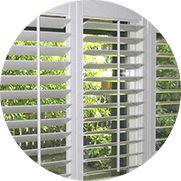- 2738 North Hayden Island Dr, Portland, OR 97217
- |Contact Us
Insulation & Energy-Efficiency Services
Reducing energy consumption is important – for your wallet and the environment. There are plenty of opportunities to reduce energy consumption in your everyday life, and home energy-efficiency products are a great place to start!
Home Energy Services in Portland, Oregon
Just a few easy upgrades in your home can save you a ton of money on your energy bills and reduce the amount of energy you’re using.
One of the most cost-effective home energy-efficiency products you can purchase is new insulation. According to the Oak Ridge Laboratory (affiliated with the U.S. Department of Energy), 50% to 70% of the energy used in an average American home is consumed through heating and cooling. Installing new insulation and making sure your home is properly weatherized can prevent much of that energy from leaking right out.
The insulation professionals at Installed Building Products Portland can help. We will evaluate the amount of insulation levels in your home and recommend a customized solution to fit your needs and budget. We install energy-efficient, environmentally friendly products that can help reduce your energy consumption. We are also a trade ally partner of Energy Trust of Oregon—meaning you could be eligible for even more savings with an insulation cash incentive.
Start Saving Money & Living More Comfortably
Interested in installing home energy-efficiency products in northwest Oregon or southwest Washington? Give IBP Portland a call or contact us online. And don’t forget to check out the insulation cash incentive from Energy Trust of Oregon!















